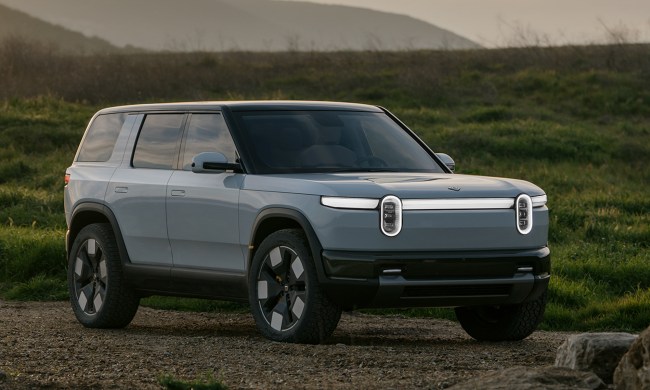Thanks to a Tesla-provided adapter, owners of Ford electric vehicles were among the first non-Tesla drivers to get access to the SuperCharger network in the U.S.
Yet, amid slowing supply from Tesla, Ford is now turning to Lectron, an EV accessories supplier, to provide these North American Charging Standard (NACS) adapters, according to InsideEVs.
Non-Tesla electric vehicles feature a Combined Charging System (CCS), which requires a NACS adapter to access Tesla’s SuperCharger stations in North America.
Ford has already begun shipping the new adapters for free to customers who registered to receive a complimentary adapter. Other customers can still buy it on Ford’s website for $200.
The Lectron adapters are rated for up to 500 amps and 1,000 volts, similar to Tesla adapter specifications.
In October, Ford issued a bulletin asking its EV customers to stop using its complementary adapters, citing a potential issue that could cause reduced charging speeds and even damage to the port. It also said that it would send replacement units to the affected customers.
However, the Lectron chargers are not replacement units and are being shipped to “continue accelerating access to the Tesla SuperCharger network for Ford’s electric vehicle customers,” Ford said.
According to InsideEVs, demand for NACS adapters is “exceptionally high,” with some customers having to wait for months to get their units. The adapters were currently listed as out of stock on Ford’s website.
In 2024, most EV automakers followed Ford’s lead to offer access to Tesla’s SuperCharger network. In September, General Motors EVs made by Chevrolet, GMC, and Cadillac joined the growing list of vehicles to adopt NACS charging. The network already allows access, via adapters, to EVs made by Rivian, Honda, and Volvo. The likes of Nissan, Hyundai, Toyota, BMW, Volkswagen, and Jaguar have also signed agreements to start allowing access in 2025.




